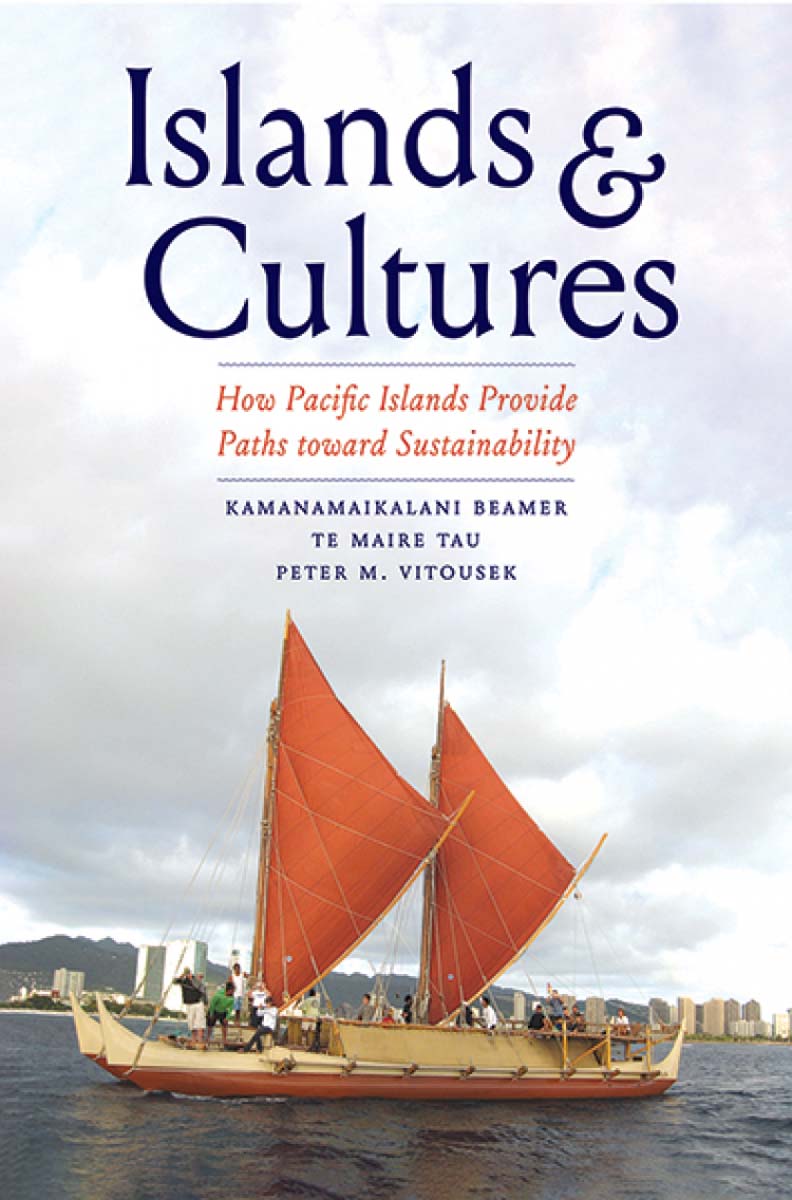ISBN: PB: 9780300253016
ISBN: HB: 9780300253009
January 2023
248 pp.
21,5x13,9 cm
14 black&white illus.
PB:
£29.00
QTY:
HB:
£65.00
QTY:
Categories:
Islands and Cultures
How Pacific Islands Provide Paths toward Sustainability
A uniquely collaborative analysis of human adaptation to the Polynesian islands, told through oral histories, biophysical evidence, and historical records.
Humans began to settle the area we know as Polynesia between approximately 3,000 and 800 years ago. Bringing with them both material culture, including plants and animals, and ideas about societal organization, settlers had to adapt to the specific biophysical features of the islands they discovered. The authors of this book analyze the formation of their human-environment systems by using oral histories, biophysical evidence, and historical records, arguing that the Polynesian islands can serve as useful models for how human societies in general interact with their environments.
The islands' clearly defined (and relatively isolated) environments, comparatively recent discovery by humans, and innovative and dynamic societies allow for unique insights not available when studying other cultures. Kamana Beamer, Te Maire Tau, and Peter Vitousek have collaborated with a dozen other scholars, many of them Polynesian, to show how these cultures adapted to novel environments in the past and how we can draw insights from these cultures and their adaptations for global sustainability today.
Humans began to settle the area we know as Polynesia between approximately 3,000 and 800 years ago. Bringing with them both material culture, including plants and animals, and ideas about societal organization, settlers had to adapt to the specific biophysical features of the islands they discovered. The authors of this book analyze the formation of their human-environment systems by using oral histories, biophysical evidence, and historical records, arguing that the Polynesian islands can serve as useful models for how human societies in general interact with their environments.
The islands' clearly defined (and relatively isolated) environments, comparatively recent discovery by humans, and innovative and dynamic societies allow for unique insights not available when studying other cultures. Kamana Beamer, Te Maire Tau, and Peter Vitousek have collaborated with a dozen other scholars, many of them Polynesian, to show how these cultures adapted to novel environments in the past and how we can draw insights from these cultures and their adaptations for global sustainability today.
About the author
Kamanamaikalani Beamer is professor and Dana Naone Hall Endowed Chair, University of Hawai'i at Manoa.
Te Maire Tau is associate professor and director, Ngai Tahu Studies Centre at Canterbury University in New Zealand.
Peter M. Vitousek is professor of biology and Clifford G. Morrison Professor of Population and Resource Studies and a Senior Fellow in the Woods Institute for the Environment at Stanford University.
Te Maire Tau is associate professor and director, Ngai Tahu Studies Centre at Canterbury University in New Zealand.
Peter M. Vitousek is professor of biology and Clifford G. Morrison Professor of Population and Resource Studies and a Senior Fellow in the Woods Institute for the Environment at Stanford University.


